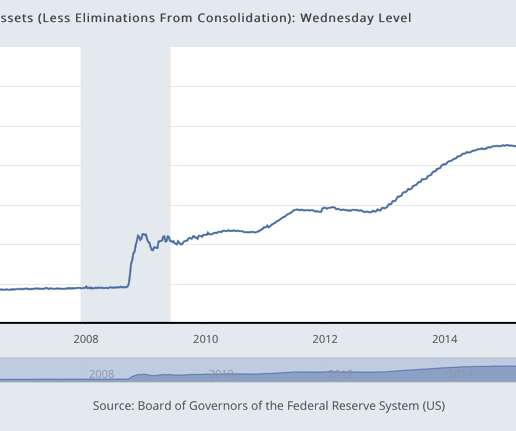Why Apple Is Getting into the Energy Business
Harvard Business
NOVEMBER 25, 2016
Consider Apple, hardly a byword in the energy business. This summer, the company applied for federal licenses to sell directly to customers the excess renewable energy it generates on its new campus and in facilities across Oregon, Nevada, and California. California, Texas, and most of the U.S. electric demand.













Let's personalize your content